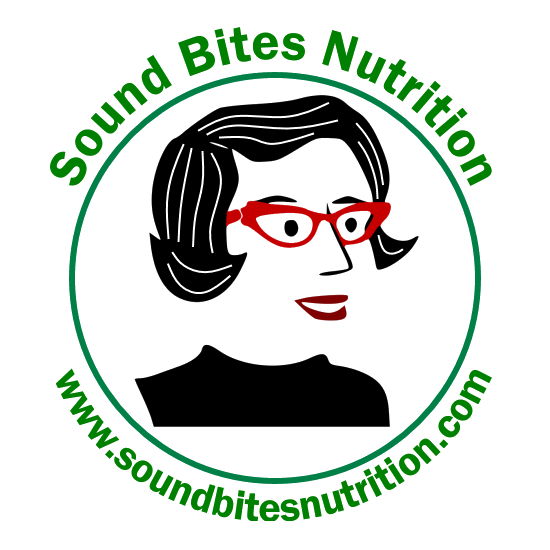The 'Eyes' Have It
 Good vision is something many of us take for granted. Healthy Vision Month (May) is a good time to remember sunglasses are more than a fashion statement and what we eat can play a role in maintaining eye health and protecting vision. Mounting evidence indicates eating foods high in certain vitamins and minerals can not only protect your eyes and eyesight, it may also reduce the risk of developing certain eye diseases and reduce the risk of some conditions or diseases progressing to loss of sight.Many nutrients play a role in protecting vision and maintaining eye health. Vitamin A strengthens eyesight, improves night vision and helps keep the eye moist. Antioxidants, vitamin C, E, beta carotene, lutein & zeaxanthin can protect our eyes from the damage caused by free radicals. Vitamin C also helps maintain healthy pressure and protect the small blood vessels in the eyes. Selenium increases our immune system which can neutralize free radicals. Zinc plays a role in converting beta carotene into vitamin A, and magnesium helps maintain eye health by increasing circulation and essential fatty acids help improve retinal function.Aging and poor management of chronic diseases like diabetes can increase the risk of such eye conditions as cataracts, glaucoma, macular degeneration and diabetic retinopathy. Research suggests that many of the nutrients that help maintain eye health may also play a role in limiting the negative effect of certain eye diseases and conditions. Researchers found that large amounts of antioxidants, vitamin C, E beta carotene, lutein & zeaxanthin and the mineral, zinc can reduce the risk of vision loss from advanced macular degeneration. Other studies found that antioxidant & zinc intake also helped to keep cataracts from getting worse over time.So along with an annual eye exam and a good pair of sunglasses why not add some of the following foods high in eye-friendly nutrients:
Good vision is something many of us take for granted. Healthy Vision Month (May) is a good time to remember sunglasses are more than a fashion statement and what we eat can play a role in maintaining eye health and protecting vision. Mounting evidence indicates eating foods high in certain vitamins and minerals can not only protect your eyes and eyesight, it may also reduce the risk of developing certain eye diseases and reduce the risk of some conditions or diseases progressing to loss of sight.Many nutrients play a role in protecting vision and maintaining eye health. Vitamin A strengthens eyesight, improves night vision and helps keep the eye moist. Antioxidants, vitamin C, E, beta carotene, lutein & zeaxanthin can protect our eyes from the damage caused by free radicals. Vitamin C also helps maintain healthy pressure and protect the small blood vessels in the eyes. Selenium increases our immune system which can neutralize free radicals. Zinc plays a role in converting beta carotene into vitamin A, and magnesium helps maintain eye health by increasing circulation and essential fatty acids help improve retinal function.Aging and poor management of chronic diseases like diabetes can increase the risk of such eye conditions as cataracts, glaucoma, macular degeneration and diabetic retinopathy. Research suggests that many of the nutrients that help maintain eye health may also play a role in limiting the negative effect of certain eye diseases and conditions. Researchers found that large amounts of antioxidants, vitamin C, E beta carotene, lutein & zeaxanthin and the mineral, zinc can reduce the risk of vision loss from advanced macular degeneration. Other studies found that antioxidant & zinc intake also helped to keep cataracts from getting worse over time.So along with an annual eye exam and a good pair of sunglasses why not add some of the following foods high in eye-friendly nutrients:
- Carrots, pumpkin, squash, sweet potatoes (beta carotene/vitamin A)
- Fruits and vegetables (vitamin C)
- Fortified cereal, nuts, oils, and sweet potatoes (vitamin E)
- Dark green, leafy vegetables, brussel sprouts, corn, peas, summer squash (lutein & zeaxanthin)
- Avocados, beans, lentils, milk, nuts, seeds, dark green vegetables, whole grains and yogurt (magnesium)
- Chicken, eggs, fish and red meat (selenium)
- Red meat, oysters, milk and beans (zinc)
- Flaxseed, walnuts, halibut, salmon, sardines and tuna (omega-3 fatty acids and vitamin E)
.
